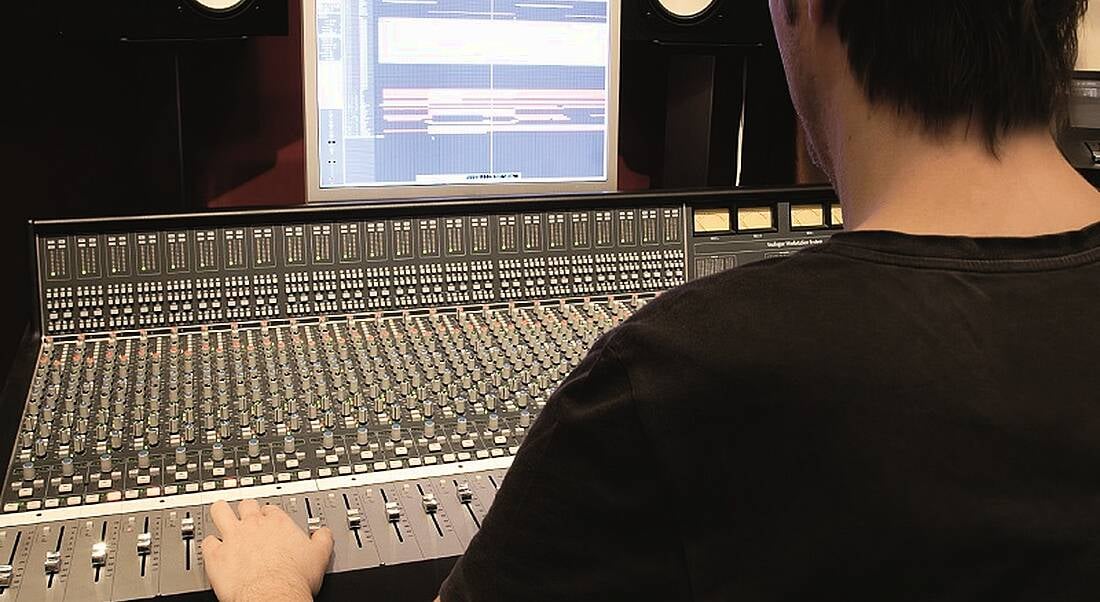This week in the world of careers, we take a tongue-in-cheek look at the humble audio engineer who runs live events, TV recordings, and the albums we love to listen to.
With their mixing deck of thousands of different dials, faders and flashing lights, an audio engineer’s desk probably has as much in common as a NASA command centre.
The audio engineer uses machinery and equipment to record, synchronise, mix or reproduce music, voices or sound effects.
However, as technology evolved, so too did the roles to which an audio engineer is needed and is no longer just restricted to the large mixing desk, but can rather take their tech on the road with the help of a laptop and some smaller devices.
Some of the newest industries they have become involved in is the video-game creation sector, where hundreds of hours of the smallest sounds lasting a few seconds, to the official soundtracks, can take months of preparation, recording and mixing, most of which far outstrips that seen during more traditional album recordings.
As well as controlling sound at the mixing desk, engineers are responsible for arranging microphones, headphones and other pieces of sound equipment used for the recording.
Sound recording engineers may have to travel and stay away from home, especially for location work and outside broadcasts.














